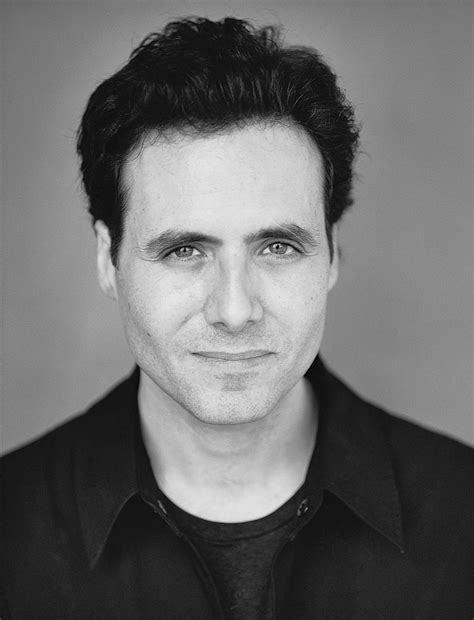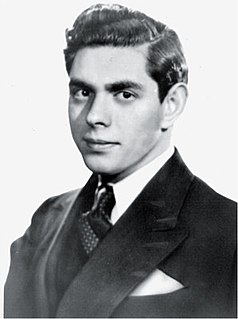A Quote by Michael Buble
I struggled more with my identity. Let's be honest - early on in my first records, I didn't have the power to tell David Foster or other producers what to do.
Related Quotes
My mom had early rap records, like Jimmy Spicer. In the middle of the records was a turntable and a receiver - I used to scratch records on it - and on top was a reel-to-reel. In front of that wall were more stacks of records. It was either Mom's record or Pop's record, and they had their names on each and every one.
Blackness also has positive dimensions, those that bear the political meanings of African American people, among other blacks, who have struggled for self-determination and freedom for centuries. The absence of such an identity doesn't automatically guarantee that we will be free of the images and ideals that fuel stereotypes about black identity. Changing the name will not alter the reality.




































